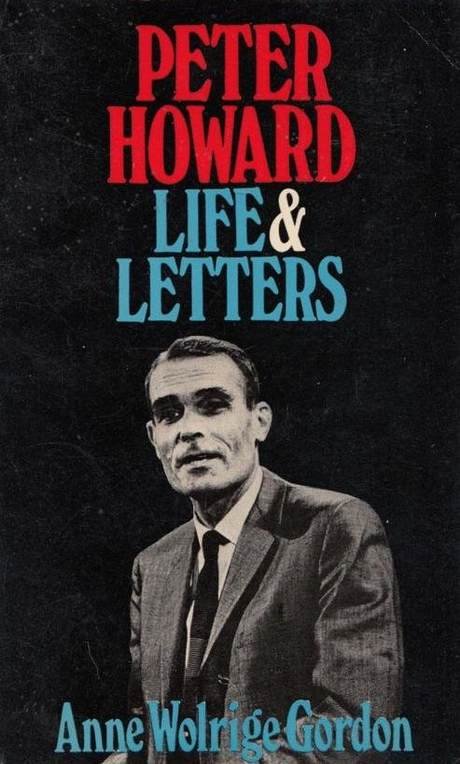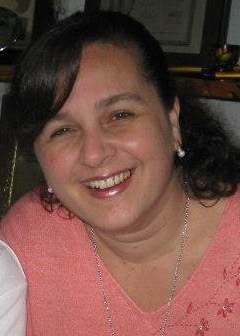Yesterday I finished translating a book into Portuguese that I recommend to everyone I meet: Peter Howard – Life and Letters. On the For a New World website, you can find this book in its original English version, and also translations into French, German, Spanish, and my translation into Portuguese.
It was the type of book that made me cry, reflect, and wonder about my daily dedication and commitment to God; It was simply difficult for me to want to finish it and I will surely have to read it again to continue “getting the most out of” everything that may challenge me in the life I decided to lead.
The book consists mostly of letters written by Peter Howard wrote to his wife Doë while traveling on Moral Re-Armament missions – which was almost always. Even from a distance, you can see how dedicated Howard was to his marital relationship. He wrote almost daily to his beloved Doë, sharing his joys, visions, sadness, frustrations, and aspects of his developing spirituality. He gave impressions of the experiences he gathered from the lives of the people he knew and the countries he visited, with their peculiar cultures. He also shared challenging situations that demanded some change in him – as well as the nostalgia he felt for family life (with her and their children) and for their country house which they had built themselves.
But what I want to highlight here is one of the questions that accompanied me throughout reading the book: What would Doë's responses to these letters have been like? What did she talk about, what did she tell him, how did she live her day-to-day life as the person in charge of the farm, of their children, of school life, of cleaning, of food, of the relationship with the faithful employees who worked on the land and took care of the animals?
Aren’t all these things which seem so ordinary and “unattractive” also part of the GREAT MISSION? To be present when your child's first tooth falls out, when they write their first words, when they don't behave so well and you must sit down and have a “serious” conversation, and when you talk about the most important, funny and interesting events that we experience every day...
Could it be that Doë's letters told this other side of the coin? Possibly so, because this was her daily life... and while Peter was trying to inspire men and women around the world so that they could seek God's direction, Doë was doing the same with their children, trying to help them be good citizens for this world. What a task for both!
The curious thing is that, during my reflections on the book, while I was translating it, my husband Ismar Villavicencio was travelling through different countries in Central America for a few weeks, contacting friends and teaching some courses on ethical leadership.
Some of my close friends told me at this time: “I think you should also travel with your husband”, “you miss the good part of the mission”. And deep down I didn't feel like I was losing the “good part.” If I am aware before God that I am where I should be, won't this be the good part for me?
When one of us needs to be away taking care of a certain front, shouldn't the other take care of the home front which is equally important?
I never felt that some “missions” more important than others, I never call them big or small, they are simply MISSIONS and, if it is God who inspires each of them, then I embrace them as part of the process where he wants to lead me.
Therefore, I value both sides of the coin so much because they are both the same size, they both make the coin. And I value the fact that we embrace our mission as the most important thing in the world, whatever it is, no matter if others realize it or not, no matter if it is the loudest one or if it is a silent mission.
The most important thing, in my experience, is that whatever the mission is, it must be the right one for me and that I try to live it as faithfully as possible. It will not be free of errors (there will be many of them), but it will be full of good learning that is worth the GIFT of LIFE!!


